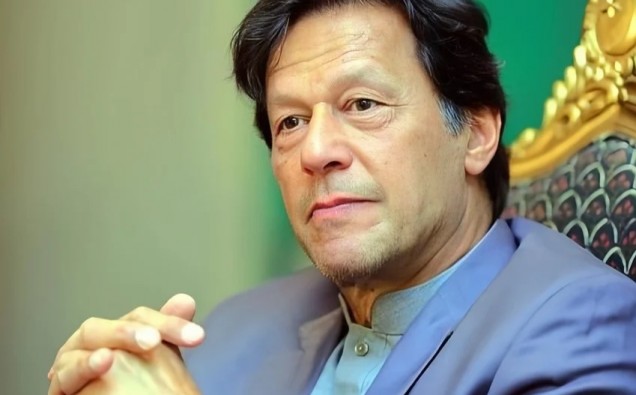Imran Khan, a cricket icon and former prime minister of Pakistan, made headlines with his piece in The Economist titled “Pakistan’s election could be a farce.”
Since its publication on January 5, 2024, the article has gathered an unprecedented amount of views, with over 1.2 million people reading it in its first week of availability. This extraordinary level of interest demonstrates both the longevity of Khan’s popularity and the gravity of the issues he raised in his essay.
Khan highlights Pakistan’s current political and economic situation in his article. He berates the government for its policies, arguing that they have caused rising inflation, unemployment, and a widening gap in the employment rate. In addition, he voiced concerns about the decline of democratic institutions and the emergence of extremist religious beliefs.
Many Pakistanis who are fighting to make ends meet in the face of economic hardship have found resonance in Khan’s article. People who believe that the current system is failing them have responded favourably to his call for a “new social contract” that places a higher priority on social fairness and economic progress.
On the other hand, Khan’s detractors have accused him of utilising the article to achieve his own political agenda. They draw attention to the fact that he ruled for three years and took minimal action to solve the issues he now draws attention to. They also argue that, considering the military’s historically prominent and powerful position in Pakistani politics, his criticism of the military is misguided.
Undoubtedly, despite the criticism, Khan’s article has struck a chord with many. It has sparked important discussion about Pakistan’s future and the challenges the nation faces. Regardless of the merits of Khan’s suggestions, his article has been a wake-up call for Pakistanis and the international world at large. Reactions to Imran Khan’s article have been conflicting. He has received criticism from some for disclosing Pakistan’s issues. He has faced criticism from others for exploiting the article to advance his own political agenda.
Whether Khan’s article will have any real impact on Pakistani politics or policy is still up for debate. Nonetheless, it has surely been successful in drawing attention to the difficulties the nation faces and inciting debate about potential solutions.
The article has highlighted Pakistan’s economy is in terrible shape, with high inflation, high unemployment, and a widening gap in employment opportunities. While the government’s actions have not only failed to address these issues but have actually made them worse. Extremism in religion is on the rise, and democratic institutions are under attack.
Ultimately, Imran Khan’s article makes a significant addition to the discussion regarding Pakistan’s future. It has resonated with many Pakistanis and sparked a much-needed conversation about the issues facing the nation. Regardless of the merits of Khan’s proposals, his article has been a helpful wake-up call for Pakistanis and the international world at large.

















